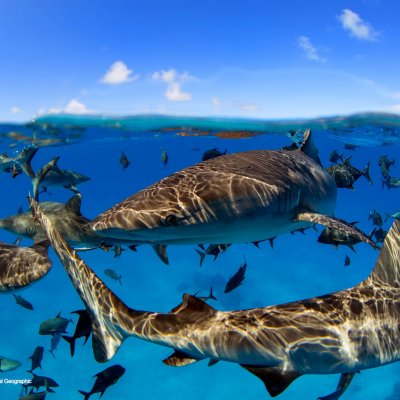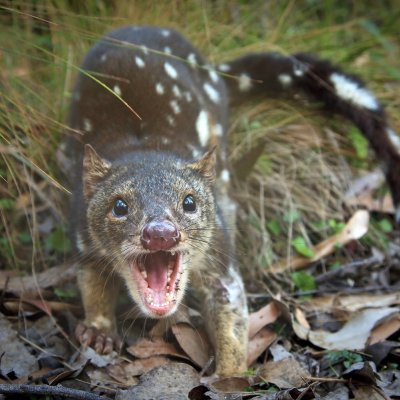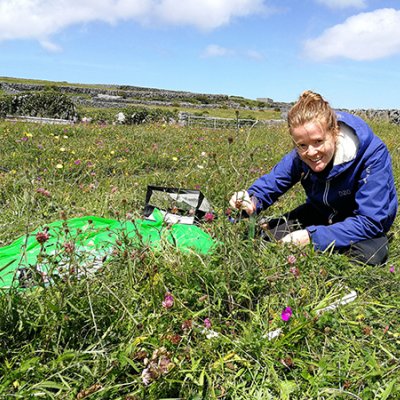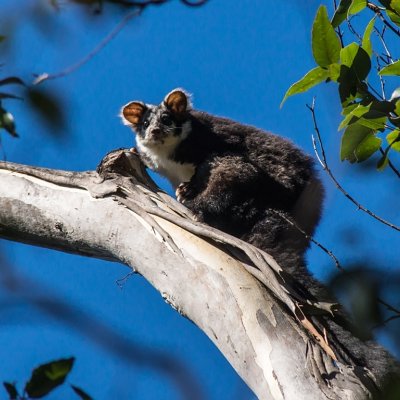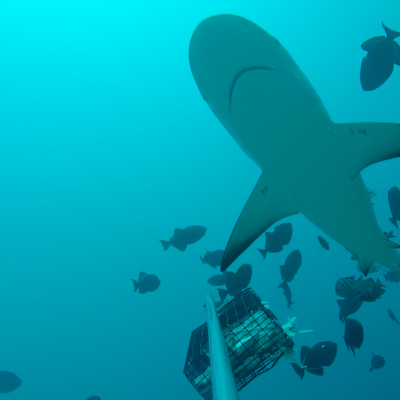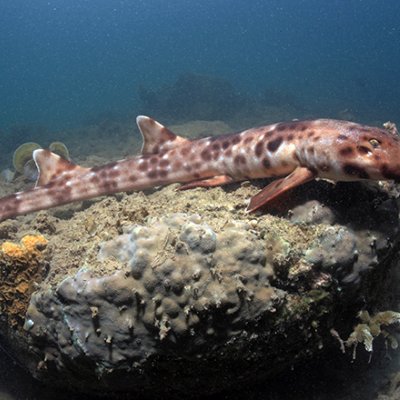Conservation researchers have debated two different approaches to protecting biodiversity for years, but an international team of scientists has found a combination could achieve the best results.
22 April 2020It’s not too late to rescue global marine life, according to a study outlining the steps needed for marine ecosystems to recover from damage by 2050.
2 April 2020A new approach to compensate for the impact of development may be an effective alternative to biodiversity offsetting – and help nations achieve international biodiversity targets.
12 February 2020Plants that break some of the ‘rules’ of ecology by adapting in unconventional ways may have a higher chance of surviving climate change, according to University of Queensland-led research.
10 February 2020Drastic ecosystem interventions like eradicating an unwanted species can sometimes backfire, but new University of Queensland-led modelling may help to avoid these ecological hiccups.
29 January 2020‘No-take’ marine reserves - where fishing is banned - can reverse the decline in the world’s coral reef shark populations caused by overfishing, according to an Australian study.
24 January 2020Four new species of tropical sharks that use their fins to walk are causing a stir in waters off northern Australia and New Guinea.
21 January 2020More than one billion mammals, birds, and reptiles across eastern Australia are estimated to have been affected by the current fire catastrophe.
20 January 2020The protection of Australia’s threatened species could be improved by a factor of seven, if more efficient ‘umbrella’ species were prioritised for protection, according to University of Queensland research.
7 January 2020- ‹ previous
- 2 of 2

